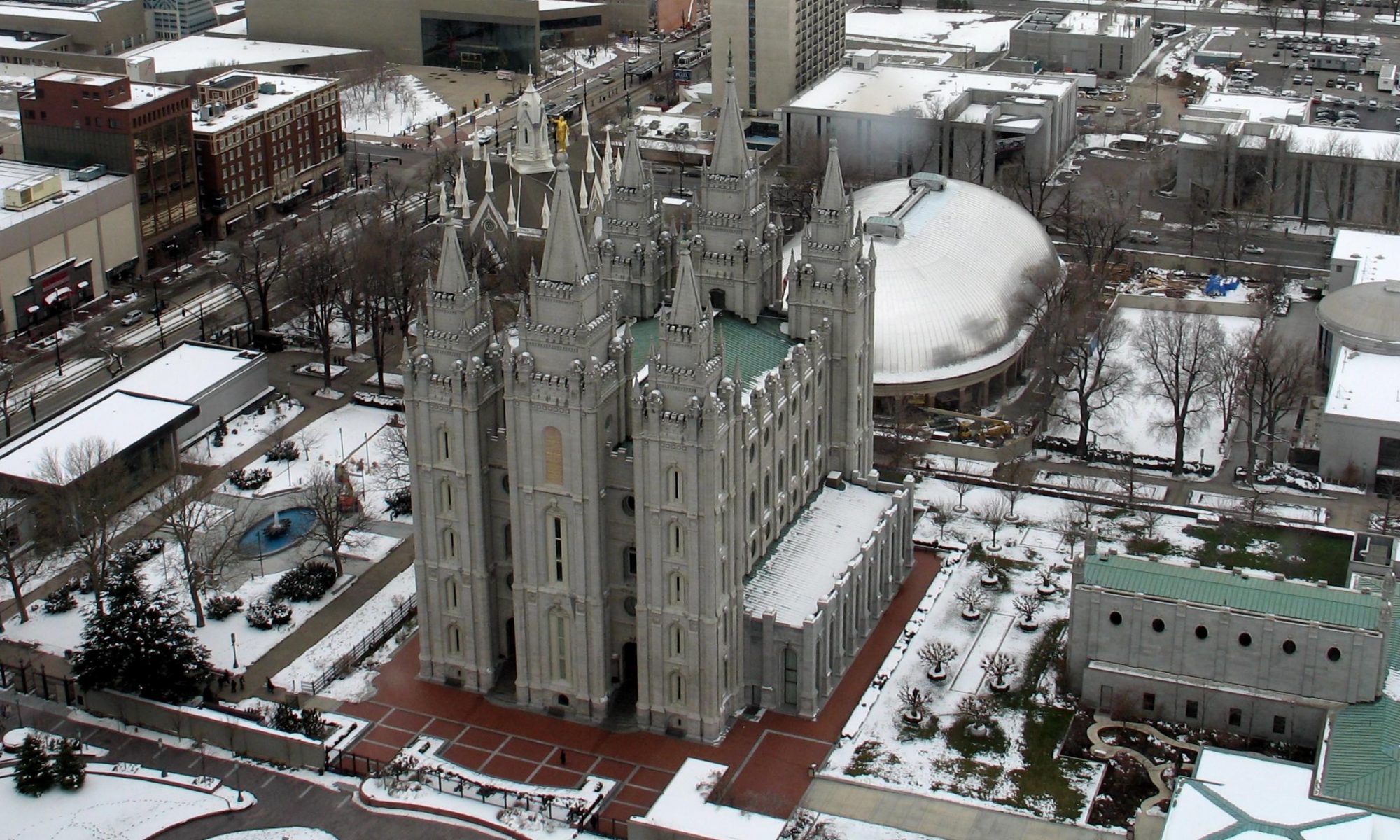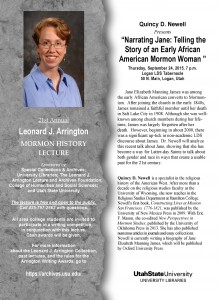2016 MORMON MEDIA STUDIES SYMPOSIUM
CALL FOR PAPERS, PANELS, AND PRESENTATIONS
Theme: Mormonism and Global Media
Conference site: BYU Hawai‘i campus in Lā‘ie, Hawai‘i
Conference date: November 3 & 4, 2016
Proposal submissions due July 1, 2016 (early submission strongly encouraged)
Symposium website: http://mormonmediastudies.weebly.com/
Sponsored by Department of International Cultural Studies and the College of Language, Culture and Arts, BYU Hawai‘i
Mormonism grows in a world with a variety of religion-society and religion-media relationships. Its historical, cultural, social, and political insertions into host countries may differ significantly from place to place. Thus Mormonism’s treatment by the media, its attempts to publicize itself through the media, and its members’ use of media technologies in religiously relevant ways—to name a few types of relationships with the media—may differ significantly from U.S. Mormon-media patterns. A conference on Mormonism and media surveys the current situation, raises new questions, and encourages new conversations about a globally growing religion and the part media play in particular cultures.
Submission of Paper and Panel Proposals
Academics, professionals, and students are invited to submit competitive papers or panel proposals about any aspect of Mormons and the media. Papers and panels may be broadly interdisciplinary; international perspectives are strongly encouraged; all rigorous scholarly methodological frameworks and theories are welcome. Submissions should be either full papers (preferred; approx. 6,000–8,000 words, with 100-word abstract) or extended abstracts (approx. 500 words). Proposals for audio and/or visual presentations (including short films) with rigorous analysis are welcome. Papers recently presented or published elsewhere may be considered (please provide details).
Examples of topics include but are not limited to:
- Analyses of media content by or about Mormons (textual, rhetorical, thematic, etc.) in various cultures
- Mormon-produced media (contemporary, historical, international, etc.): Internet, social media, newspapers, magazines, books, television, radio, film, etc.
- Content, producers, and effects of recent and historical depictions of Mormons in news and popular culture
- Mormons, media & politics, U.S. and international
- Mormon media uses and effects, including social media
- Mormon media images and depictions (contemporary & historical)
- Concepts of voice, identity, and community in media by or about Mormons
- Content and effects of LDS public relations, advertising, messaging
- Audience studies: meaning-making, effects, responses, influences, behavior and attitudinal changes
- Institutional LDS perspectives on media: responses and effects
- Mormons as media creators, producers, publishers, inventors, disseminators, editors, writers, etc.; or others in these categories who have produced LDS-related media or content
- Mormon-related film, TV programming, reality show participation, etc.
- Comparative studies (Mormons and media as compared to other religions or institutions)
- Historical, sociological, literary, rhetorical, legal, international, psychological, etc. perspectives on Mormons and media
- Mormon-related entertainment, theater, music, and popular culture productions
Papers presented at the symposium will be given special consideration, at authors’ discretion, for publication in the Journal of Media and Religion.
Paper, panel, and presentation proposals must be submitted by July 1, 2016 in Word or PDF format as an email attachment to Dr. Chiung Hwang Chen at chenc@byuh.edu or Dr. Daniel Stout at daniel.stout@byuh.edu. Early submission and registration are strongly encouraged. For more information, please visit the symposium website at http://mormonmediastudies.weebly.com/


